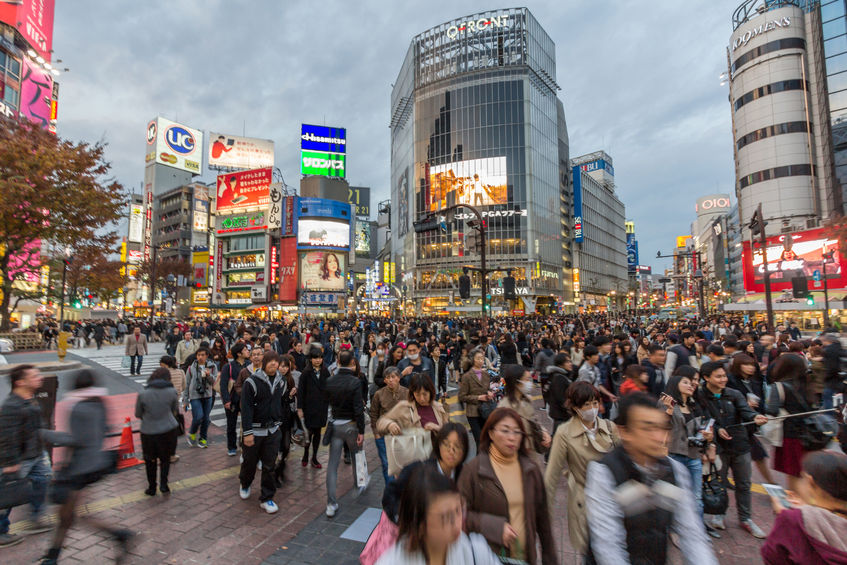Japan’s Independence Day

Japan’s Independence Day
Does Japan have independence day?
Japan does not have an Independence Day in the same way that the United States, India or other countries do. Japan has a long and complex history, and its current form of government was not established until the late 19th century. However, there is a public holiday in Japan called National Foundation Day, which is celebrated on February 11. This holiday commemorates the legendary founding of Japan by Emperor Jimmu in 660 BC.
Some people in Japan think April 28 should be Japan’s Independence Day. The Treaty of San Francisco, which went into effect on April 28, 1952, officially ended the Allied occupation of Japan that had begun after World War II. This date is sometimes referred to as “Restoration of Sovereignty Day” in Japan.
Celebrating Sovereignty and Diplomacy
Introduction
Independence Day is a momentous occasion for any country, marking the liberation and self-governance of a country. In the case of Japan, the topic of its Independence Day brings about interesting discussions due to its unique historical context. While some argue that April 28, the day the Treaty of San Francisco went into effect, should be recognized as Japan’s Independence Day, concerns arise as celebrating independence from the United States may not align with Japan’s efforts to foster a strong and amicable relationship with its longtime ally. In this article, we explore the complexities surrounding Japan’s quest for independence and its ongoing diplomatic ties with the United States.
Historical Background
To understand the significance of Japan’s Independence Day, it is crucial to examine the historical events that led to its restoration of sovereignty. Following Japan’s defeat in World War II, the country came under the occupation of the Allied Powers, primarily the United States. Under General Douglas MacArthur’s leadership, the occupation aimed to rebuild Japan and establish a democratic government.
The Treaty of San Francisco
The Treaty of San Francisco, signed on September 8, 1951, and coming into effect on April 28, 1952, marked the formal end of the Allied occupation of Japan. The treaty stipulated that Japan would regain its sovereignty, regain control over its territory, and become an independent nation once again. This milestone was undoubtedly significant in Japan’s post-war history.
The Dual Perspective
While the Treaty of San Francisco is a pivotal moment in Japan’s independence, the choice of recognizing it as Independence Day might inadvertently send mixed messages, considering the intricate relationship between Japan and the United States. Celebrating independence from a country with which Japan has fostered a robust partnership could be viewed as diplomatically insensitive.
Japan-U.S. Relationship
The United States and Japan share a deep and multifaceted relationship, which has evolved into a close alliance over the years. The post-war period witnessed remarkable economic and diplomatic cooperation between the two nations. Japan’s rapid economic growth, bolstered by American support and investments, propelled it to become one of the world’s leading economies.
Furthermore, the security alliance between Japan and the United States, established through the Treaty of Mutual Cooperation and Security in 1960, has been fundamental in maintaining regional stability and promoting peace in East Asia. The partnership encompasses joint military exercises, information sharing, and collaboration on numerous global issues.
A Delicate Balancing Act
Given the historical ties and ongoing collaboration, it is understandable that Japan may choose not to celebrate its independence from the United States explicitly. The emphasis in contemporary Japan is often placed on the achievements made during the post-war period, such as the nation’s economic growth, democratization, and contributions to global peace and prosperity.
Instead of focusing on independence from a specific nation, Japan can embrace a broader notion of independence that encompasses its regained sovereignty and its ability to shape its destiny as a respected global player. By doing so, Japan can celebrate its progress while recognizing the importance of maintaining strong ties with its allies, including the United States.
Conclusion
Japan’s Independence Day is a subject that sparks debate due to the complexity of its historical context and the nation’s ongoing diplomatic relations. While the Treaty of San Francisco marked Japan’s formal independence, celebrating it as Independence Day may not align with Japan’s efforts to maintain a positive relationship with the United States. Japan’s pursuit of independence should be viewed as a celebration of regained sovereignty, economic prosperity, and a commitment to global peace. It is through maintaining a delicate balance that Japan can continue to forge ahead as an independent and influential nation on the world stage while nurturing its essential ties with its allies, including the United States.










